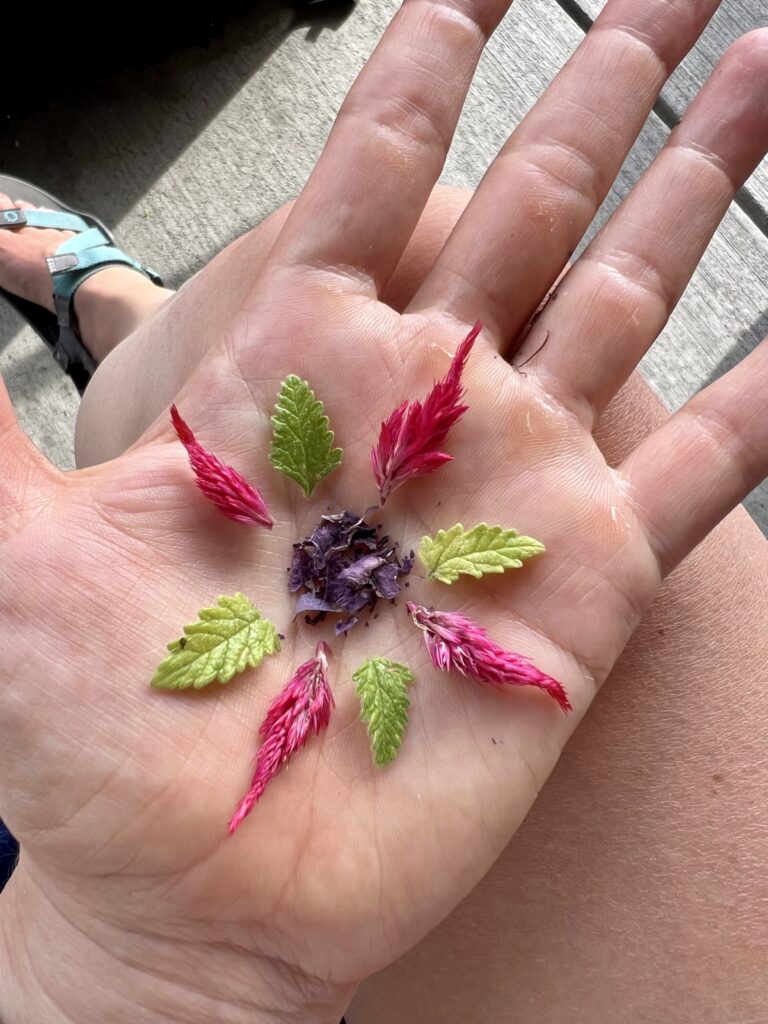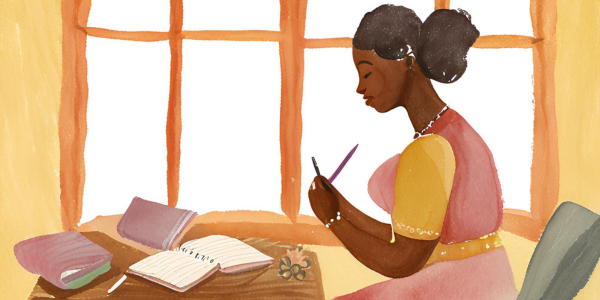“I just need someone to keep me accountable. I know what to do.”
I hear this one so often from people who’ve tried to create a regular personal nervous system care practice for themselves.
They start and stop – picking up my book, then leaving it, then trying this or that from the online library, or the many online courses they have accumulated.
The Gretchen Ruben fans who love her 4 tendencies will even say to me: “I have always been an obliger. I just need someone to show up for and I will do it every time.”
What if I told you that your desire for accountability has a cause, but it’s not for the reasons you believe?
Let’s take a quick look at the definition of accountability.
By its nature accountability is “the obligation or willingness to accept responsibility for one’s actions, decisions, or results”. It involves a person being held responsible by internal or external agreements, such as:
* Setting clear expectations, so goals and objectives can be met.
* Keeping the person responsible for the process and outcomes.
* Checking in to make sure the accountable party is on track.
* Holding the accountable party to their commitments.
* Evaluating outcomes and changing direction if needed.
Accountability as a concept can work really really well in the context of doing something defined, such as delivering a manuscript to a publisher or delivering your numbers to your bookkeeper on time.
Yet, in creating a process for healing from a difficult past which has impacted your physiology, your nervous system, how you connect, how you nourish yourself and how you meet life’s demands…accountability is a tool that is wrongly placed in the biology of healing toolbox.
Remember above I told you that you are right to think you need accountability, but not for the reasons you believe.
It feels like you need accountability, but it’s not because you are having a hard time accept responsibility for your actions, decisions or results. The reason you feel you need accountability is because you are over your biological and ego-strength threshold.
You need support to move to the next threshold, which may be to take consistent action, to make the decisions that are helpful or to have the results you intended.
Let’s say this again.
The feeling that you need accountability is a symptom that you need support. Every time you feel you need accountability, it’s because you are over your biological and ego-strength threshold and you are lacking support.
The system that has been through trauma has a notoriously hard time leaning into support and respectively sensing the need for support, so it translates it as a need for accountability.
And yes, swinging between trying to do it alone, and trying to find someone from the outside to make you do it by adding a layer of pressure doesn’t mate things better. It just makes you spin your inner wheels more and eventually gets you stuck in the mud of a freeze response.
This is when most of my students find me, when they are stuck and tired of trying over and over again to find the right kind of accountability.
Let me share what I see in my students, and what I have lived in my own body, so hopefully by the end of this you know that you are 100% correct that you need something to be successful, it’s just not accountability.
Nervous system self-care by its nature will evoke the need for support.
Working with self-care nervous system practices is meant to reconnect us with the organic processes that are already happening in the body.
Having been disconnected from the body, this can feel like a lot. As soon as we begin to reconnect with ourselves – sensations, emotions, images, thoughts, and impulses for movement begin to arise.
The body begins to communicate. The mind tries to make sense.

Biologically, developmentally, all of this is supposed to emerge in the context of relationship.
When we are children, this happens a lot. We are constantly experiencing new and different body sensations, emotions, thoughts and impulses.
Ideally, the adults are there to help us make sense of what we are feeling and they can cushion a lot of the physiological distress that we very naturally feel when something new or unfamiliar courses through our system.
Caregivers soothe us when our toy gets broken, and eventually, when our hearts get broken.
Yet, this doesn’t happen when our environment is not able to meet our needs.
Many of us as children had to face our internal world without a compass, and so as adults every time the body does something we don’t understand, we get scared.
Once overwhelmed, we just don’t want to contact the body anymore.
For many people I talk to, nervous system practices feel impossible to do on their own – they contact the body, something creates unease (or flat out freaks them out), and then they don’t want to do it anymore. I say this is an intelligent response.
Here is the formula as set by nature:
Overwhelm requires relational support.
Support digests overwhelm.
Digested overwhelm increases nervous system capacity and ego-strength.
You read that right – the more support – the bigger the window of capacity.
When you grow up with shock and developmental trauma the body doesn’t remember having had support to digest overwhelm.
In fact it remembers the opposite – there is no help coming and that you are all alone with the overwhelm.
This is where the idea of accountability enters and takes the inner space that support should have occupied in the first place.
In the absence of attunement, comfort and care, we harden towards ourselves.
When overwhelmed, we shame and push ourselves to overcome what is hard or impossible, instead of leaning into the affirming, kind and supportive presence of others who will hold us through the hard time.
Many people feel like they need to “pull themselves together, just do it, and have someone hold them accountable”, because their histories don’t have any other experiences to draw on.
If you grow up doing it alone, its exactly keeping yourself responsible, using deadlines and fear tactics, or rejecting yourself unless you reach some perfect timeline that helped you through the hard times.
Accountability becomes a friend.
One more step in the sympathetic drive chart.
Support is extinct. Why bother even knowing it may exist.
The other piece here is the notion that you know what you are doing.
“I know what to do!”…
This is classic in that in all education settings and the way we learn out in the world, reading, understanding and making a plan is how we solve any problem.
Tackling a disorganized nervous system with a plan straight from the ministry of cognitive solutions will rarely yield results.
While a mental understanding of how to go about working with the nervous system is helpful to begin with, what really brings about lasting change is what in weight training we call “time under the bar”.
You really need to spend your time practicing, experiencing the shifts somatically, and then and only then potentially understanding how the theory works in an embodied way.
In your body. At this time.
No one can tell you what is supposed to happen, but we can provide the support so that you can safely discover what happens as your system thaws and expands and begins to live in the here and now.
This means having plenty of space for trial and error, feeling both something and nothing, and having an infinite source of motivation to stay curious, open, excited and interested.
But it also means having a container of support.
If support is lacking, each time you experience difficulty, you will think you need accountability.
And that’s a trap.
It’s a trap that we have built as a society (made of individuals, btw), where each of us struggles, refuses to receive support for the struggle, because there is no embodied memory of that ever having happened, and then together, we create this idea of accountability which will save us from it.
Because accountability works in the short term, we trick ourselves into believing that it is the solution. So when we try again and fail, we reach for more, or a different kind of accountability. The next shiny accountability promise is out there – just look on your phone.
We have replaced genuine human nourishing support, which meets us where we are and helps us digest our physiological overwhelm, with apps, coaching platforms, trackers and bio-hacking technology.
In the meantime your body was born to be held.
Your emotions are waiting to be co-embodied and met by someone who can really feel you.
The next time you feel like you need accountability – please remember, what you need instead is support.
Let’s put accountability where it belongs – on the calendars, in the board room, in the executive office and put support where it belongs – around your body.
with love, and in peace with food:
Galina


Leave a Reply